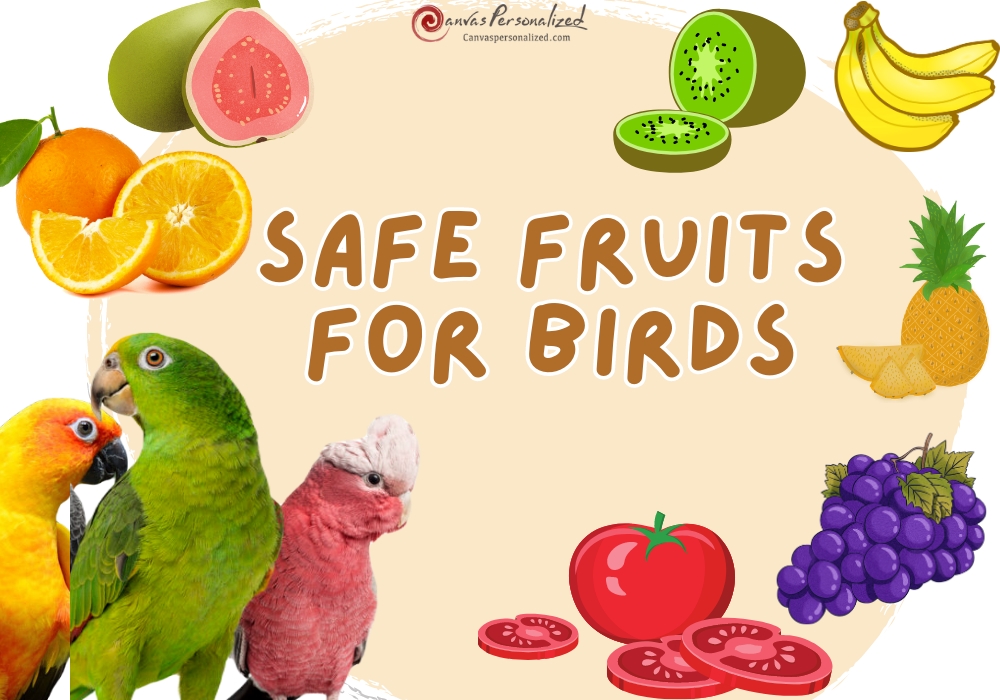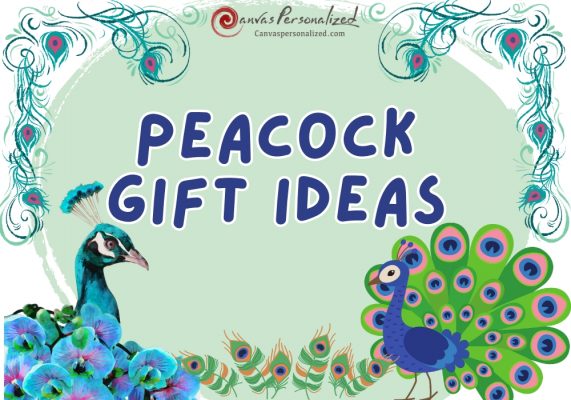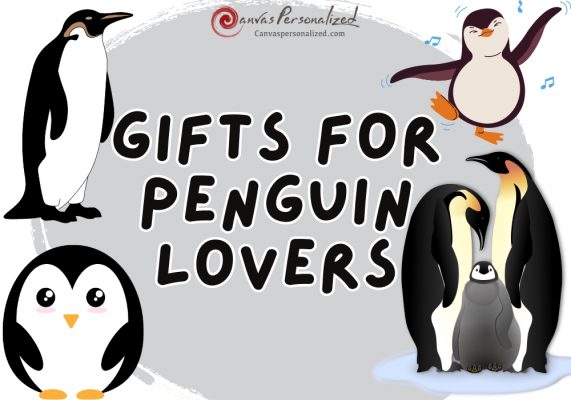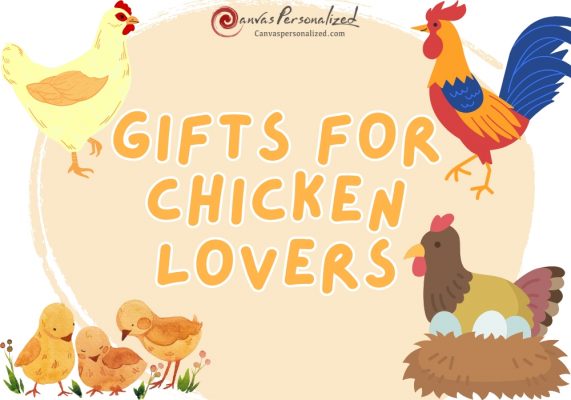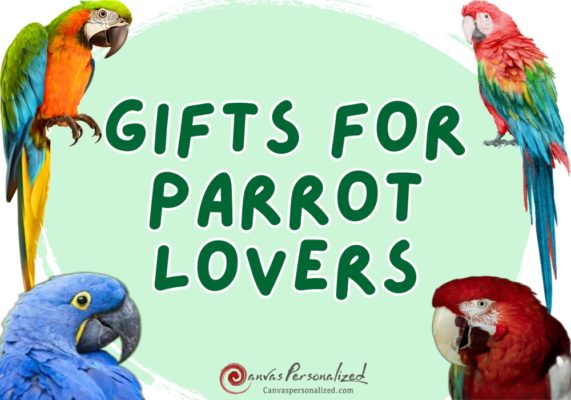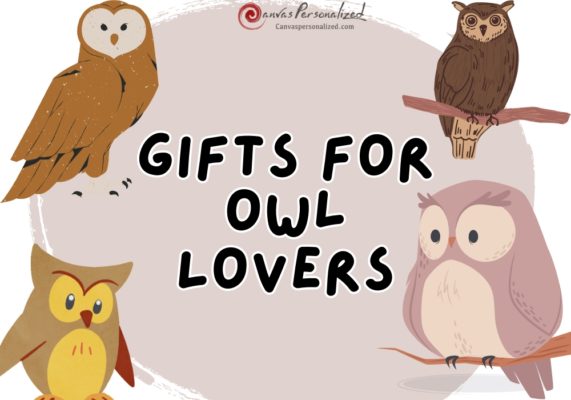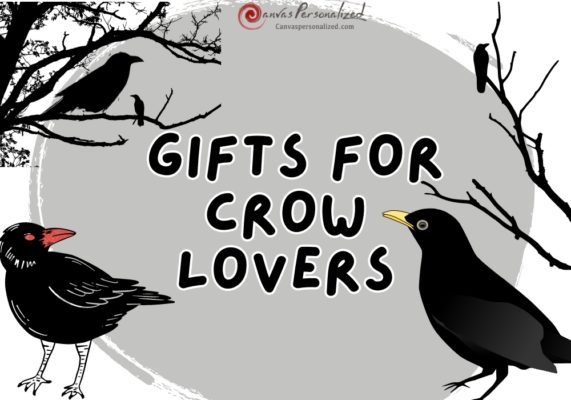Bird pets are wonderful and entertaining companions. If you care about your feathery friend’s well-being, you know that providing them with a balanced diet is essential. Most people who own birds have heard from experts that offering a wide selection of fresh fruits is an excellent way to add nutrients to their pet’s diet. While this is true, not all fruits suit your pet bird. Knowing which fruits are safe and which give necessary nutrients is crucial for your pet’s health, strength, and happiness. Read on to find out which are safe fruits for birds and how to add fruit to their diet with Canvas Personalized!
A Guide To Best Fruits and Vegetables for Birds
1. Bananas
Bananas are the most famous fruits for birds in the world because they smell good, feel good, and taste sweet. They have a lot of pectins, a soluble fiber that helps trash move through the body. Pectin is good for parrots because it keeps them from getting constipated and makes them feel full.
Foods with a lot of potassium, like bananas, are an important source of electrolytes. Potassium controls the balance of fluids, keeps blood pressure in check, and makes the heart healthier. An average-sized banana has about 32 mg of magnesium in it. Magnesium is important for the health of muscles, nerves, blood sugar, and blood pressure. Vitamin B6 (pyridoxine), found in bananas and is a water-soluble vitamin, is important for the brain, nervous system, and immune system. If a bird is about to exercise, some cut bananas can boost its high-calorie energy.

2. Apples
Apples are healthy fruit in various colors, textures, and sweetness (or sourness). Parrots have diverse preferences in apple varietals, so providing them with a variety is best. Due to the pectin, they may have lower LDL (bad) cholesterol levels and be less at risk for cardiovascular disease. This soluble fiber blocks cholesterol from adhering to the insides of blood vessels, decreasing the likelihood of atherosclerosis.
Apples include soluble and insoluble fiber, contributing to satiety and better blood sugar regulation. In addition, the digestion process is sped up by fiber. Apples are rich in antioxidants, particularly polyphenols, which help fight the free radicals that cause degenerative illnesses. Most polyphenols, which are beneficial to health, are concentrated in the apple skin.
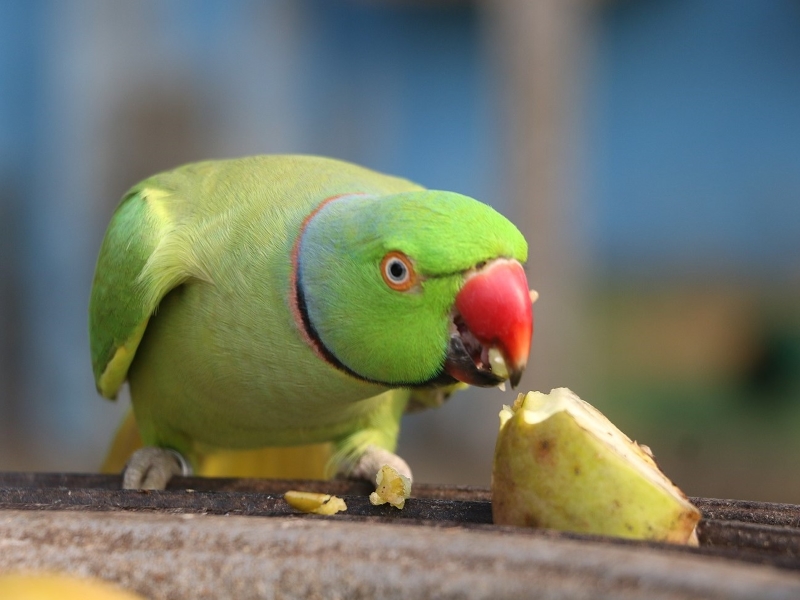
3. Grapes
Grapes are delicious, sweet fruits that can either have seeds or not. Grapes may be any shade from pale green to deep crimson to nearly black. Due to resveratrol (a naturally occurring polyphenol), the healthiest grapes are the darker varieties, such as red, purple, or black. This plant ingredient is rich in antioxidants, which combat oxidative stress and delay aging.
Grape polyphenols’ anti-inflammatory characteristics and protective effects against LDL cholesterol (low-density lipoproteins) make atherosclerosis and cardiovascular disease less likely to develop. Due to the fiber content, grapes have a glycemic index (GI) of 53, so they don’t raise parrots’ blood sugar levels. But, like bananas, grapes have a lot of natural sugar.
4. Apricots
The apricot, or Prunus armeniaca, is a stone fruit that can be either sweet or sour. The skin of the apricot is silky smooth and coated in fine, fluffy fuzz. Natural antioxidants like vitamins C and E and beta-carotene can support skin health and suppleness.
The high water content of apricots makes them great hydrating fruits for birds. The vitamin content of apricots is 1,926 IU per 100 grams. Parrots’ eyes benefit from the apricots’ high levels of vitamins A and E, lutein, and carotenoids. Cataracts and other eye problems in birds may be prevented in this way. The apricot’s stone (seed) is poisonous and can’t be eaten, so it must be removed.
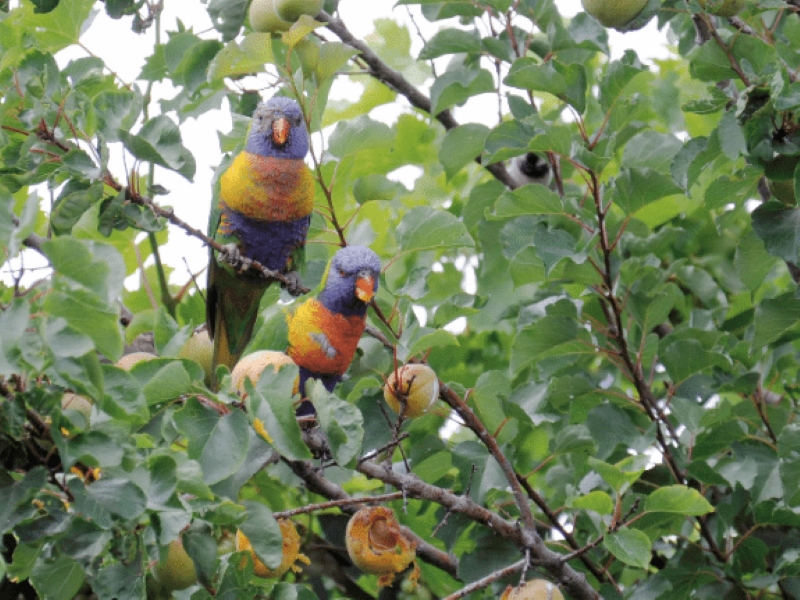
5. Cherries
Cherries, a kind of stone fruit (fleshy drupe), are deliciously sweet and sour. Cherries’ deep hue indicates they have more antioxidant anthocyanins than fruit with a lighter hue. Antioxidants (anthocyanins, flavonols, and catechins) provide anti-inflammatory properties, making them useful for treating inflammatory joint disorders and degenerative illnesses. In 11 of 16 trials, cherries were found to lower inflammation, according to the journal Molecules. Also, in 8 out of 10 cases, reactive stress levels decreased when cherries were eaten.
Cherries aid sleep thanks to the melatonin hormone they contain. Adding cherries to a parrot’s nighttime meal may help it sleep through the night and stop waking up throughout the day. To avoid poisoning your parrot, make sure you remove the pits.
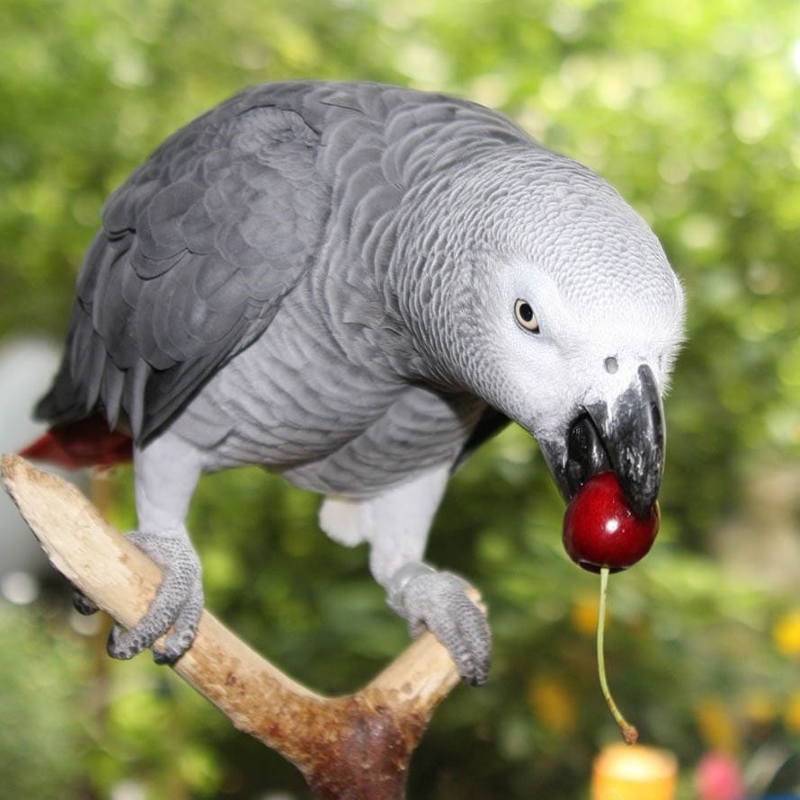
6. Oranges
Oranges are delicious fruits for birds and give them a healthy vitamin C dosage to strengthen its immune system. That alone should be incentive enough to give your feathery companion the occasional treat of citrus fruit.
When you know your bird will be under stress, as at the vet or from noisy guests, an orange is a nice gift to provide. They may help strengthen your pet’s immune system and prevent disease. When feeding your pet an orange, always peel it and take the time to remove the seeds.
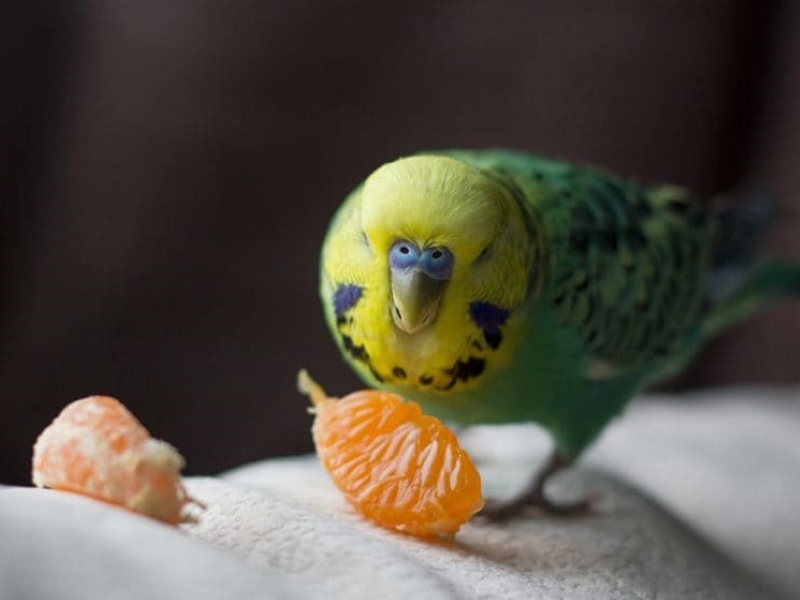
7. Berries
Strawberries, blueberries, and raspberries, all human food safe, are also perfectly OK for your pet birds to eat. As you might guess, this can give your pet bird a whole new range of tastes and flavors to try. Berries are not only juicy and tasty treats, but they are also full of vitamins and antioxidants, which can help your pet build a healthy body.

8. Cranberries
Due to their sour taste, cranberries are often cooked before being eaten—some parrots, though, like the sour taste. Cranberries contain the following vitamins and minerals: Manganese, copper, vitamins C and E, and fiber.
Cranberries may make your birds less likely to get urinary tract infections (UTIs) because they contain condensed tannins that stop E. coli from sticking to their bladder and urine system. Moreover, Cranberries have antioxidants like anthocyanins, proanthocyanidins, and quercetin, which lower the risk of heart disease. Avoid feeding your birds cranberry-related goods that include sugar or artificial sweeteners like Xylitol.
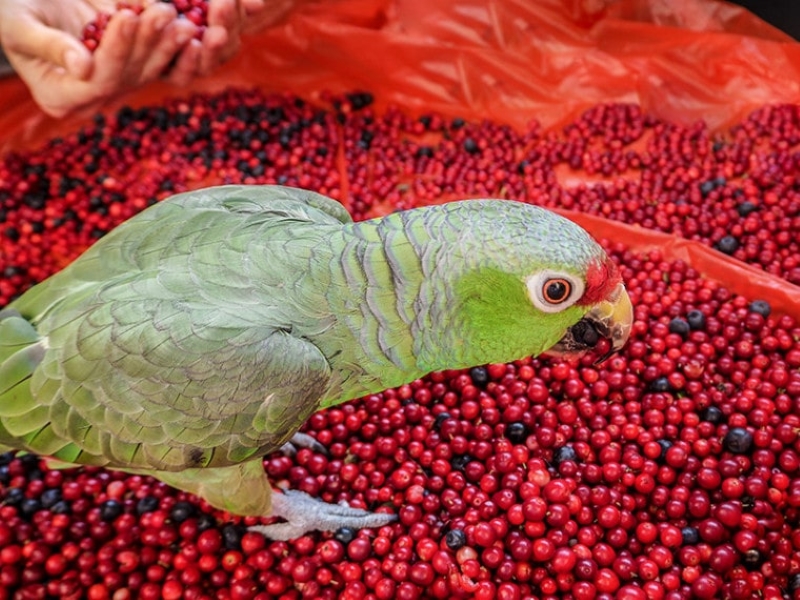
9. Watermelon
Watermelon is a fruit in the Cucurbitaceae family that provides parrots with hydration and various minerals. Watermelon is 92% water, but it has more to give than just water: B, C, and A vitamins; Minerals such as potassium, magnesium, lycopene, and cucurbitacin may be found in abundance in this fruit as well. Your birds need a high-fiber diet for regular bowel movements, and watermelon provides a rich source of both fiber and water.
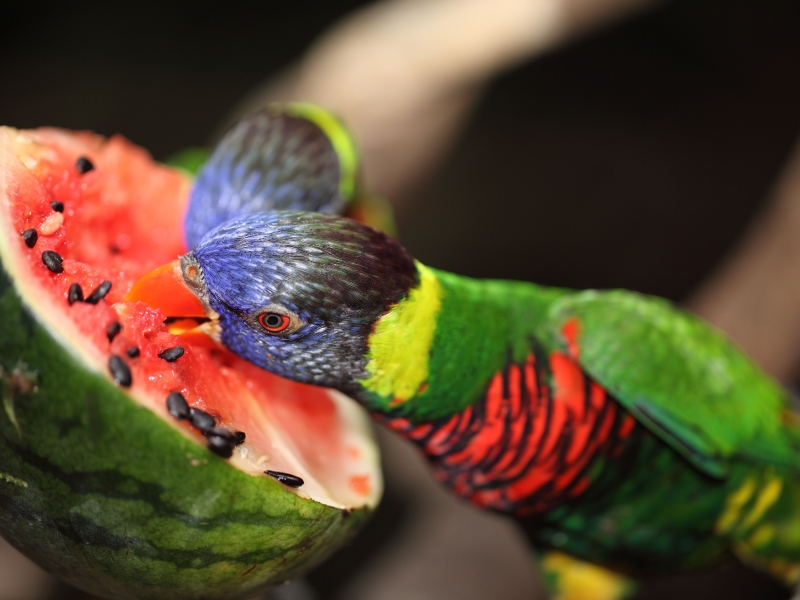
10. Guava
Guavas are a popular tropical fruit among wild parrots. Guava has four times as much vitamin C as oranges, which helps it fight off infections and illnesses.
The Malaysian Journal of Medical Sciences says consuming guava can help with stomach pain. Guava seeds are so good that they may even relieve constipation in parrots. Birds, including parrots, are high-strung creatures that often experience worry and tension. Guava’s magnesium content induces a state of peace and relaxation in birds by calming their muscles and nerves. Niacin and pyridoxine, two B vitamins, improve brain health by increasing oxygenated blood to the brain and other vital organs.
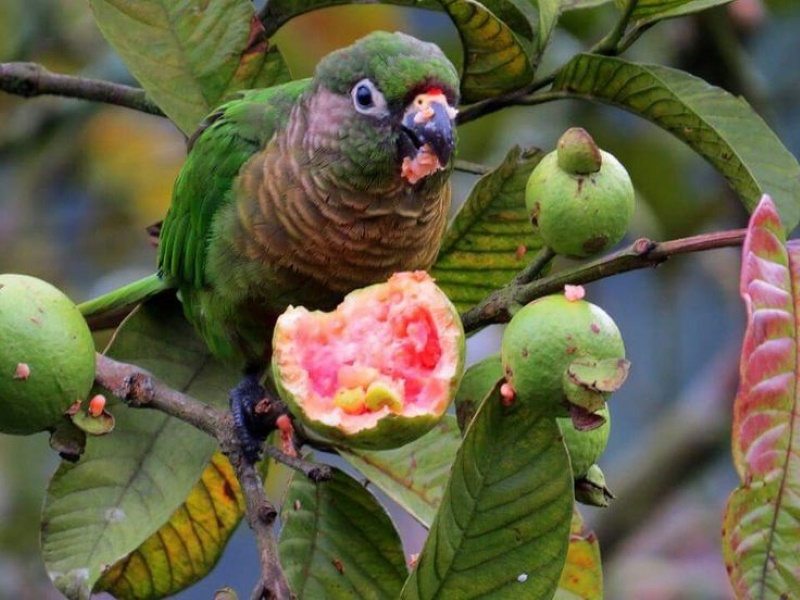
11. Papaya
Papayas, along with guava and oranges, are popular tropical fruits for birds. They are nutritious and delicious and can be torn apart with ease. The following nutrients may be abundant in papayas: B9, C, and A vitamins, potassium, magnesium, and calcium. Papayas’ orange color comes from carotenoids, an antioxidant found in this fruit. Lycopene, another antioxidant, is responsible for the parrot’s improved skin, feathers, and brain.
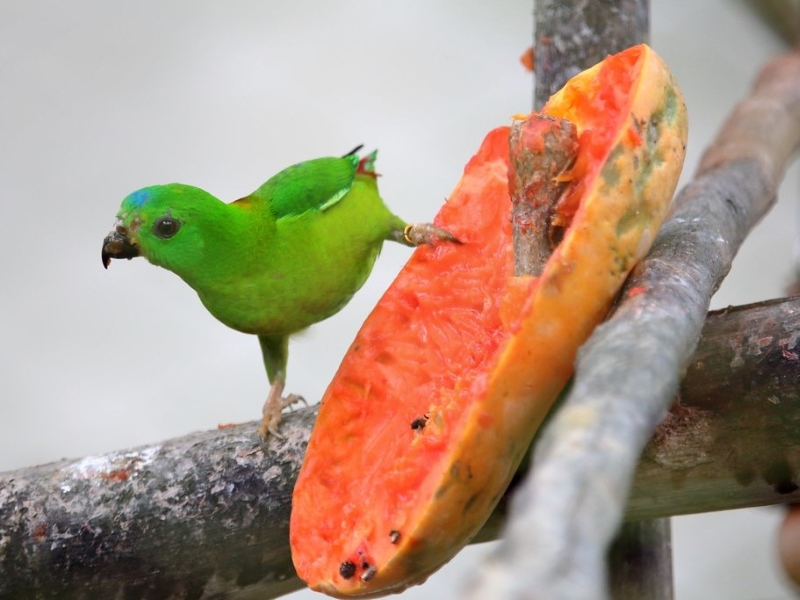
12. Pineapple
Pineapples are a great fruit to get the proteolytic enzyme bromelain. Bromelain is useful for lowering inflammation (swelling, bruising, etc.) when it comes to sprains, injuries, and infections. Pineapple is rich in phenolic and flavonoid, two types of ‘bound antioxidants’ whose effects last longer than those of unbound antioxidants and which defend the heart from oxidative stress. Pineapple may produce gastrointestinal upset and allergic reactions in parrots, so keeping an eye on how they react to it is essential.
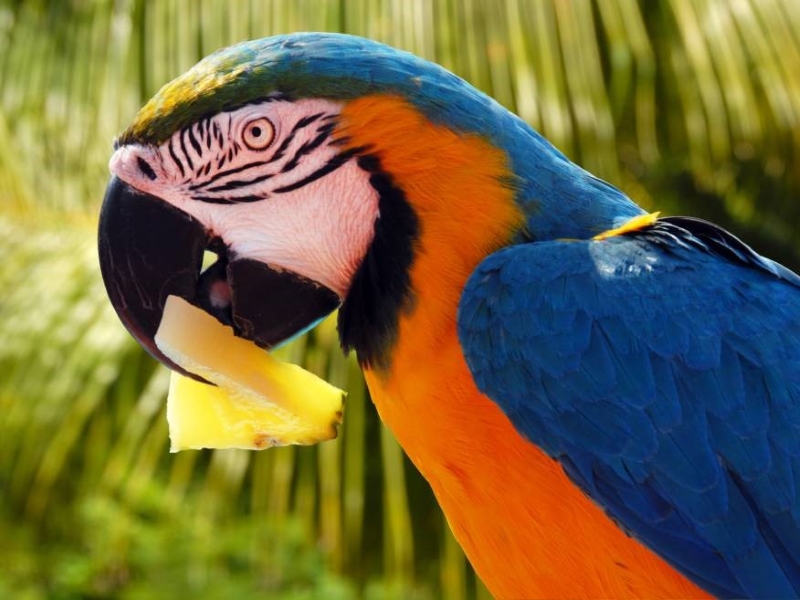
13. Kiwi
Kiwis have a flavor between a banana and a strawberry. Kiwis have a lot of taste and are full of minerals, especially vitamin C. Fiber, potassium, and vitamin K are all found in large amounts in kiwis. Specifically, the kiwi’s antioxidants (zeaxanthin and lutein) benefit the eyes.
14. Pomegranate
Pomegranates, which come from the plant Punica granatum, have arils that are high in antioxidants. Despite their sour flavor, they are a superfood that helps prevent heart disease, lowers the chance of developing diabetes, and boosts digestive health.
Pomegranates have many healthy nutrients, including vitamins C and K, folate, potassium, fiber, and more. Punicalagin has double the antioxidants of red wine and green tea, according to a study published in the Journal of Agricultural Food and Chemistry. The pomegranate seed oil also contains punicic acid, an additional antioxidant component.
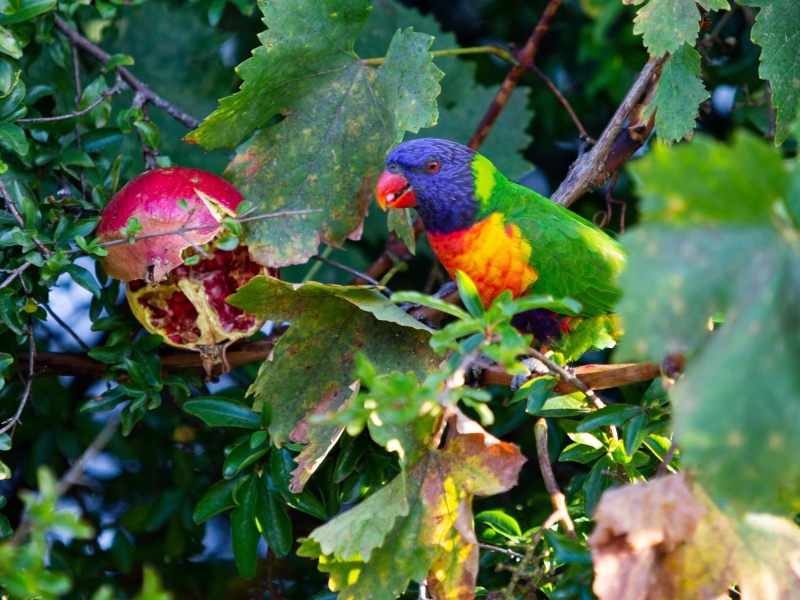
15. Persimmons
When fully mature, sweet persimmons, also known as Diospyros kaki, have an orange-yellow color and a taste comparable to that of apricots. There are two types of persimmons: Fuyus, which are sweet, and Hachiyas, which are bitter.
- More energy.
- Enhanced capability to remember and concentrate.
- Increased absorption and elimination of waste.
- A more robust skeletal structure.
- Increased capacity for cell regeneration.
Because of the nutrients included in persimmons include The B complex, C, E, and K vitamins, plus certain minerals and electrolytes. Other antioxidants found in persimmons include beta-carotene, tannins, and flavonoids.
How To Feed Birds Fruit
Grow some fruiting bushes and trees
Berries make an excellent first step in feeding birds fruit. Berries are a favorite food of birds, but only berries suitable for consumption by all species should be grown.
When you have some fruit-bearing plants established in your garden, you should try to avoid or at least limit the application of any pesticides or herbicides. These substances harm birds, and becoming poisoned is possible if they consume berries that contain them.
Use Platform Feeders
You can also put fruit slices on a platform dish for birds to eat from. You need to wash the fruit well and cut it into pieces that birds can easily pick up and eat. You may skip the peeling step. To feed birds, just slice them up and put them on platform feeders. You may use this method on larger berries, as well as apples, grapes, and bananas.
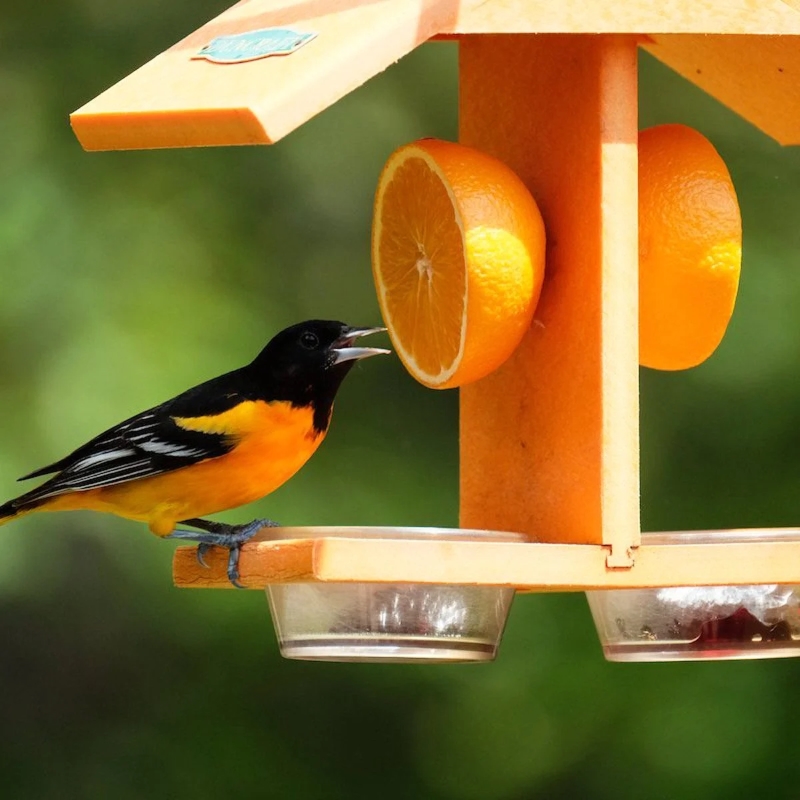
Use a Suet Cage
The fruit your bird is supposed to consume can easily be stolen by any animal that approaches your platform feeder. It’s a brilliant idea to put fruit in a suet cage.
To sum up, birds can benefit from eating a wide range of fruits, but only if those fruits are devoid of harmful chemicals. Bird owners who feed their pets safe fruits do more than provide them a nice treat; they also offer their birds a healthy dose of vitamins and minerals. If you have any doubts regarding the safety of fruits for birds, go to a vet. Canvas Personalized believes you can ensure your bird has a long, healthy, and happy life with the correct information and care.


